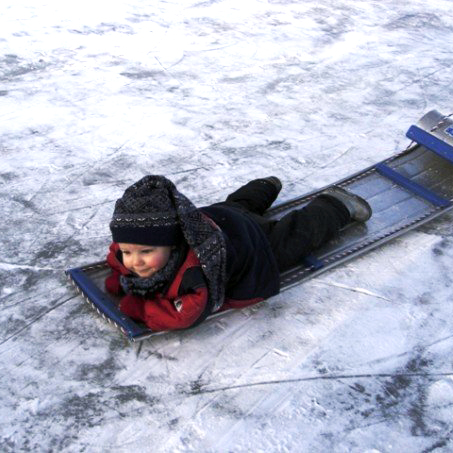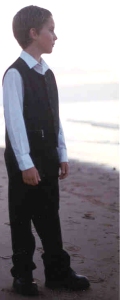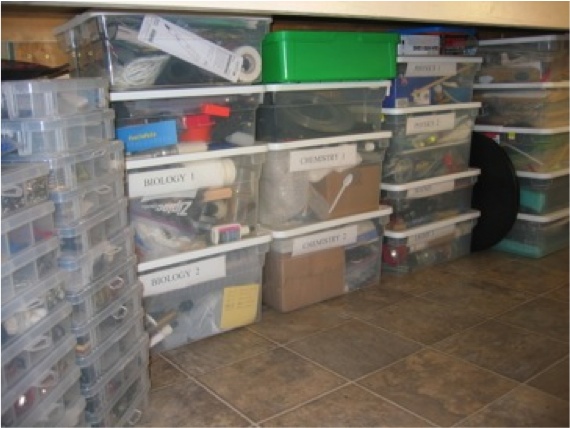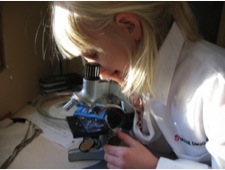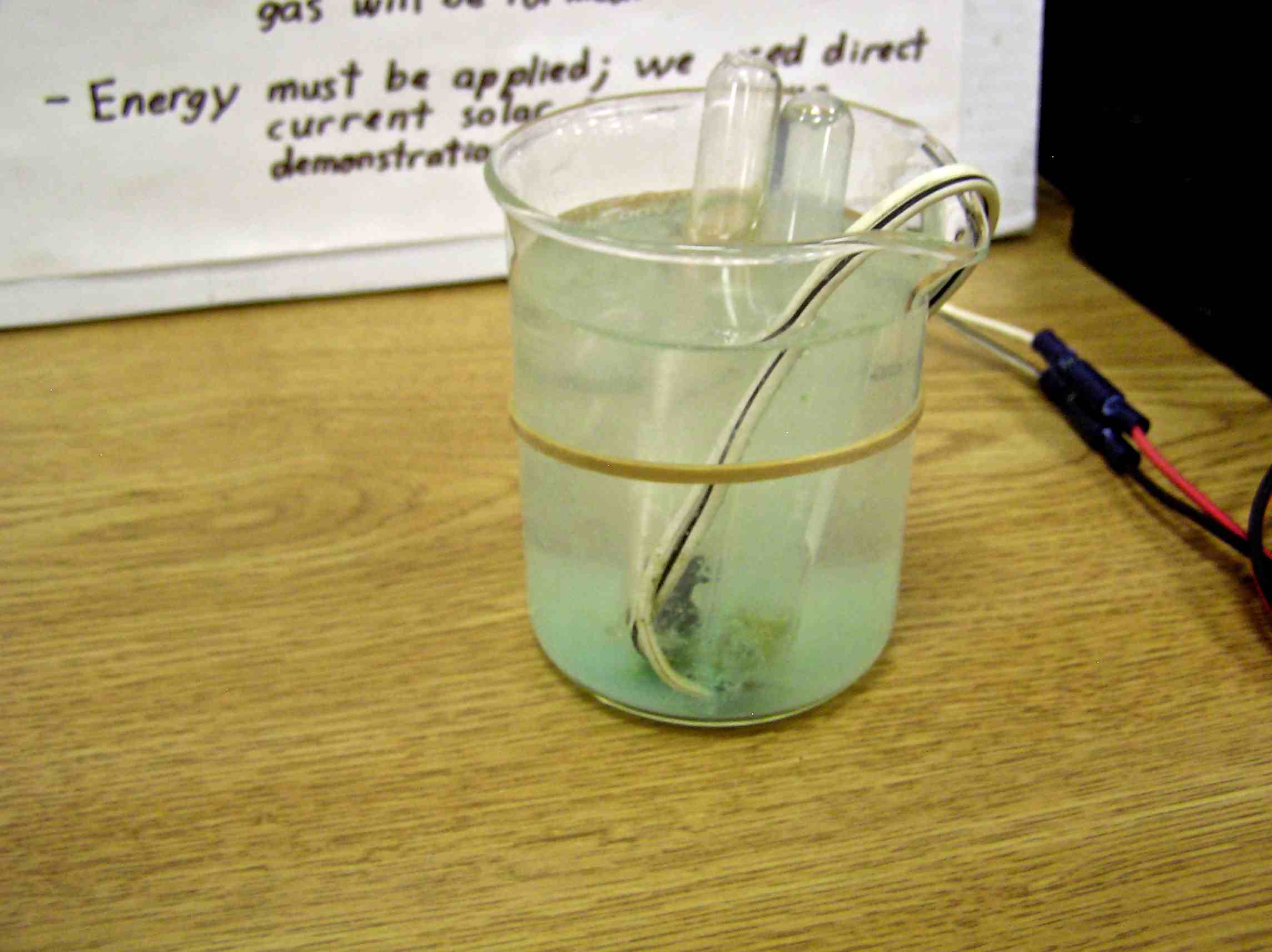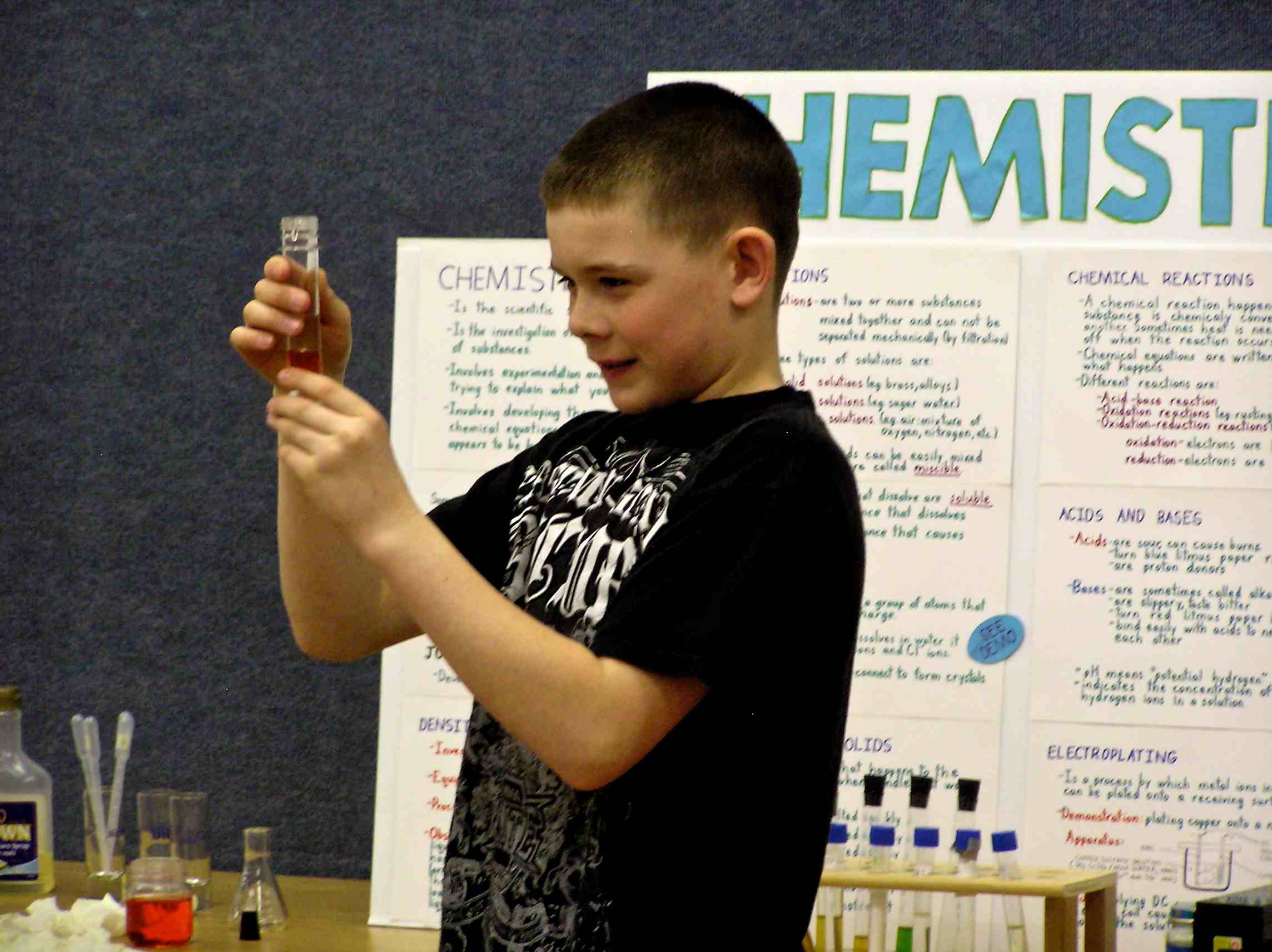Articles
We asked WISDOM parents, students, facilitators, staff and Parent Advisory Council members to offer suggestions to the following question – how do we beat the January blues? Read on for many great ideas that have worked well in the homes of other home schoolers.
When I was a kid, we had screentime. Our device was a B&W TV with three channels and one was in French. If you’re sitting there wondering “what device is a B&W TV?” that’s because it was before your time, and if you’re nodding your head saying “Yeah I remember,” you are old… I mean, old-er. If you wanted to see a movie you had to go to the movie theater. That changed with the advent of new technology and what is called “user controlled content”. User controlled content is where the individual using the device can control what they see and hear. With changing technology the user has gone from just simply using the device, to interacting with the device, and finally immersing themselves into the device. (I’ll clear things up later regarding the last one.)
Are you wondering what's new or what's coming up with WISDOM? Did you accidentally delete your e-Newsletter? No problem! Below, you can find a list of e-Newsletters from this school year.
If you'd like to receive our e-newsletter, please contact our office.
It seems to me that home schooling is a lot like swimming across a lake.
When you are out in the middle, the lake sometimes seems to be a lot bigger than it looked when you jumped in, and unlike a swimming pool, it has no lines painted on the bottom to keep you swimming in a straight line. When you are fighting to make it through the waves without inhaling too much water, pushing yourself to keep going stroke after stroke when you are exhausted, and blinking to see in spite of the water stinging your eyes, it is possible to lose perspective.
How many containers do you need to fill a science program? Peculiar question, huh? Perhaps I should ask: How many weekends does it take to fill your science program containers?
By this time of year you will likely have developed a pattern or routine in your home-school day to accomplish your selected program of studies. Your children engage themselves with the various subjects that you assign them, most often with the help of a text book or other written resource. Depending on your child’s age and ability, the reading in these books may be done by your child, or you may be the one to read and explain the material to your eager learner.
By this time of year you will likely have developed a pattern or routine in your home-school day to accomplish your selected program of studies. Your children engage themselves with the various subjects that you assign them, most often with the help of a text book or other written resource. Depending on your child’s age and ability, the reading in these books may be done by your child, or you may be the one to read and explain the material to your eager learner.
“Science, science, science…” Those were the words of advice expressed to me, by a home-school mom, in answer to a question about what to focus on in the primary years of home schooling.
When we think of science, what usually comes to mind are subjects in the areas of biology, chemistry, or physics. What does the word ‘science’ mean? The word ‘science’ comes from the Latin word scientia, which means knowledge – to know. Science could be summed up as that process by which we seek to know and understand the deeply intricate things of all that we see (and can’t see) around us.
When Gayle and I began the journey of home educating our children, I applied my efforts to seeking out useful science resources. Since science was my interest and strong point, Gayle welcomed my initiatives. We were encouraged by a friend to add a lot of science to the children’s learning – especially in the primary grades. So, we set off to find books that could help us bring science to life in the minds of our young children.
Building a science display takes time. The process of building the display also takes up a lot of room and can disrupt the pattern of daily schedules for a number of weeks. What is the value of a science display, considering that you might only display it once? I suppose that if you view a science display as an ‘extra’ – a thing that you have to go out of your way to do – then its value may equal that of an increased burden. Alternately, if you view a science display as an assembly of summarized learning, together with supporting devices, then its value becomes… invaluable!

